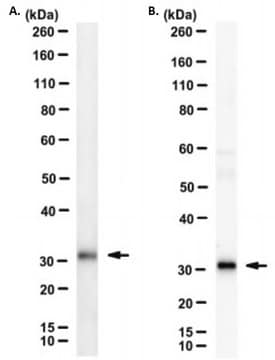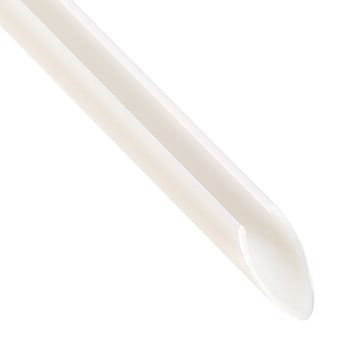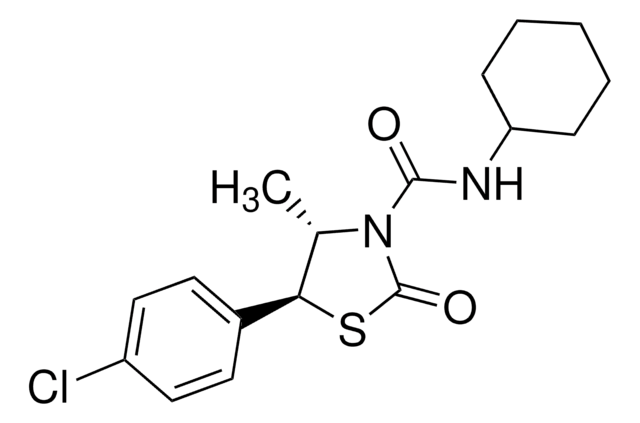Recommended Products
biological source
hamster
Quality Level
conjugate
unconjugated
antibody form
purified antibody
antibody product type
primary antibodies
clone
4D4, monoclonal
mol wt
calculated mol wt 26.96 kDa
observed mol wt ~50 kDa
purified by
using protein G
species reactivity
mouse
packaging
antibody small pack of 100 μL
technique(s)
ELISA: suitable
flow cytometry: suitable
inhibition assay: suitable
western blot: suitable
isotype
IgG
epitope sequence
Unknown
Protein ID accession no.
UniProt accession no.
shipped in
dry ice
target post-translational modification
unmodified
Gene Information
mouse ... Tigit(100043314)
General description
Specificity
Immunogen
Application
Evaluated by Western Blotting with recombinant mouse TIGIT-Fc chimera protein.
Western Blotting Analysis (WB): A 1:500 dilution of this antibody detected recombinant mouse Fc-His-tagged TIGIT chimera protein.
Tested Applications
ELISA Analysis: A representative lot detected TIGIT in ELISA applications (Joller, N., et al. (2011). J Immunol. 186(3):1338-42).
ELISA Analysis: Various dilutions from a representative lot detected Fc-His-tagged TIGIT chimera protein .
Flow Cytometry Analysis: A representative lot detected TIGIT in Flow Cytometry applications (Joller, N., et al. (2011). J Immunol. 186(3):1338-42).
Agonist Action: A representative lot of this antibody reduced proliferation of T cells stimulated with Anti-CD3/Anti-CD28 beads in vitro. (Dixon, K.O., et al. (2018). J Immunol. 200(8):3000-3007).
Inhibition Assay: A representative lot of this antibody fully blocked CD155 binding to TIGIT. (Dixon, K.O., et al. (2018). J Immunol. 200(8):3000-3007).
Note: Actual optimal working dilutions must be determined by end user as specimens, and experimental conditions may vary with the end user
Physical form
Storage and Stability
Other Notes
Disclaimer
Not finding the right product?
Try our Product Selector Tool.
Storage Class Code
12 - Non Combustible Liquids
WGK
WGK 2
Flash Point(F)
Not applicable
Flash Point(C)
Not applicable
Certificates of Analysis (COA)
Search for Certificates of Analysis (COA) by entering the products Lot/Batch Number. Lot and Batch Numbers can be found on a product’s label following the words ‘Lot’ or ‘Batch’.
Already Own This Product?
Find documentation for the products that you have recently purchased in the Document Library.
Our team of scientists has experience in all areas of research including Life Science, Material Science, Chemical Synthesis, Chromatography, Analytical and many others.
Contact Technical Service








